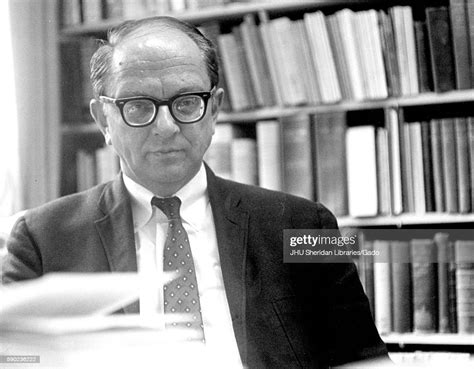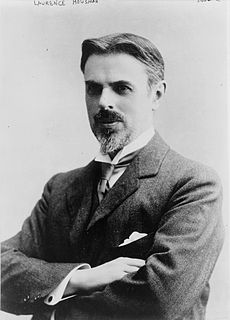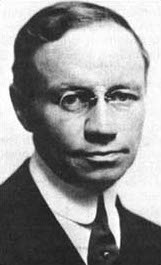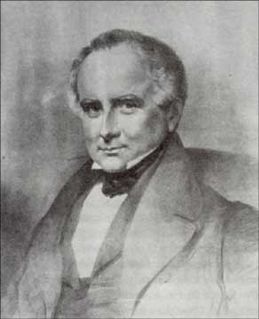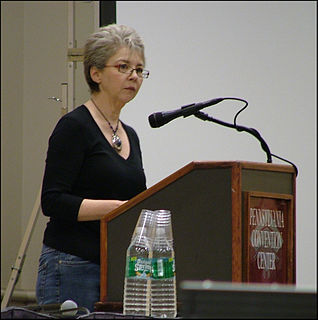A Quote by Joseph Conrad
I am a great foe of favoritism in public life, in private life, and even in the delicate relationship of an author to his works.
Quote Topics
Related Quotes
The only time the private parts of someone's life are relevant is when they're affecting public performance. And just because someone is a public person doesn't mean that any part of his or her private life is open to scrutiny. If someone is doing his or her job, you have to have enough empathy to understand that we all have personal problems.
The majority of men cannot be made disinterested for life by exhortation, by religious services, by any expenditure of subsidized works, or even by grave and manifest public need. They can be made permanently unselfish only by being helped to become disinterested in their individual purposes. In the complete democracy a man must in some way be made to serve the nation in the very act of contributing to his own individual fulfillment. Not until his personal action is dictated by disinterested motives can there be any such harmony between private and public interests.
In all great works of fiction, regardless of the grim reality they present, there is an affirmation of life against the transience of that life, an essential defiance. This affirmation lies in the way the author takes control of reality by retelling it in his own way, thus creating a new world. Every great work of art, I would declare pompously, is a celebration, an act of insubordination against the betrayals, horrors and infidelities of life. The perfection and beauty of form rebels against the ugliness and shabbiness of the subject matter.
There are no private lives. This a most important aspect of modern life. That one of the biggest transformations we have seen in human life in our society is the diminution of the sphere of the private. That we must reasonably now all regard the fact that there are no secrets and nothing is private. Everything is public.






